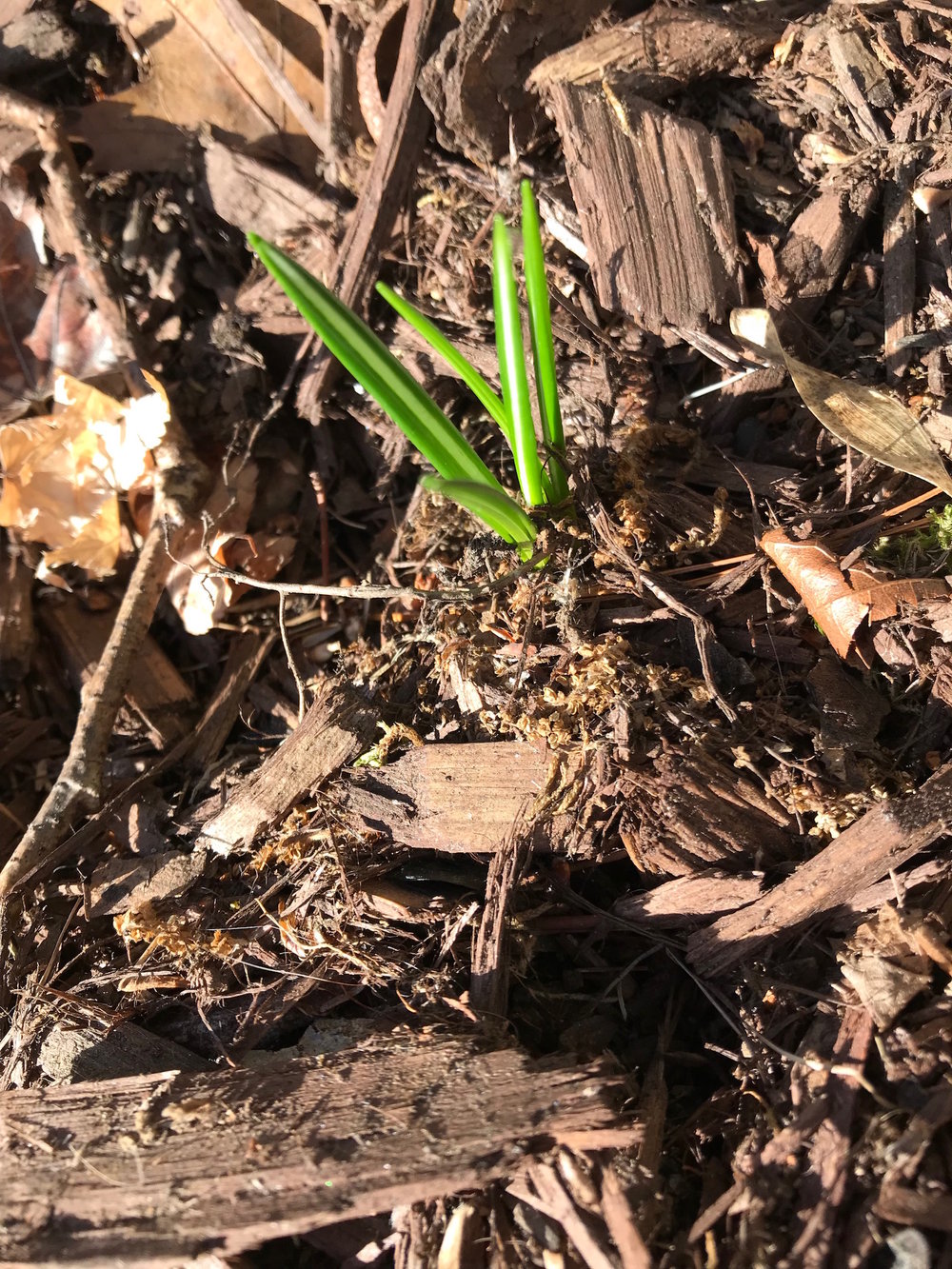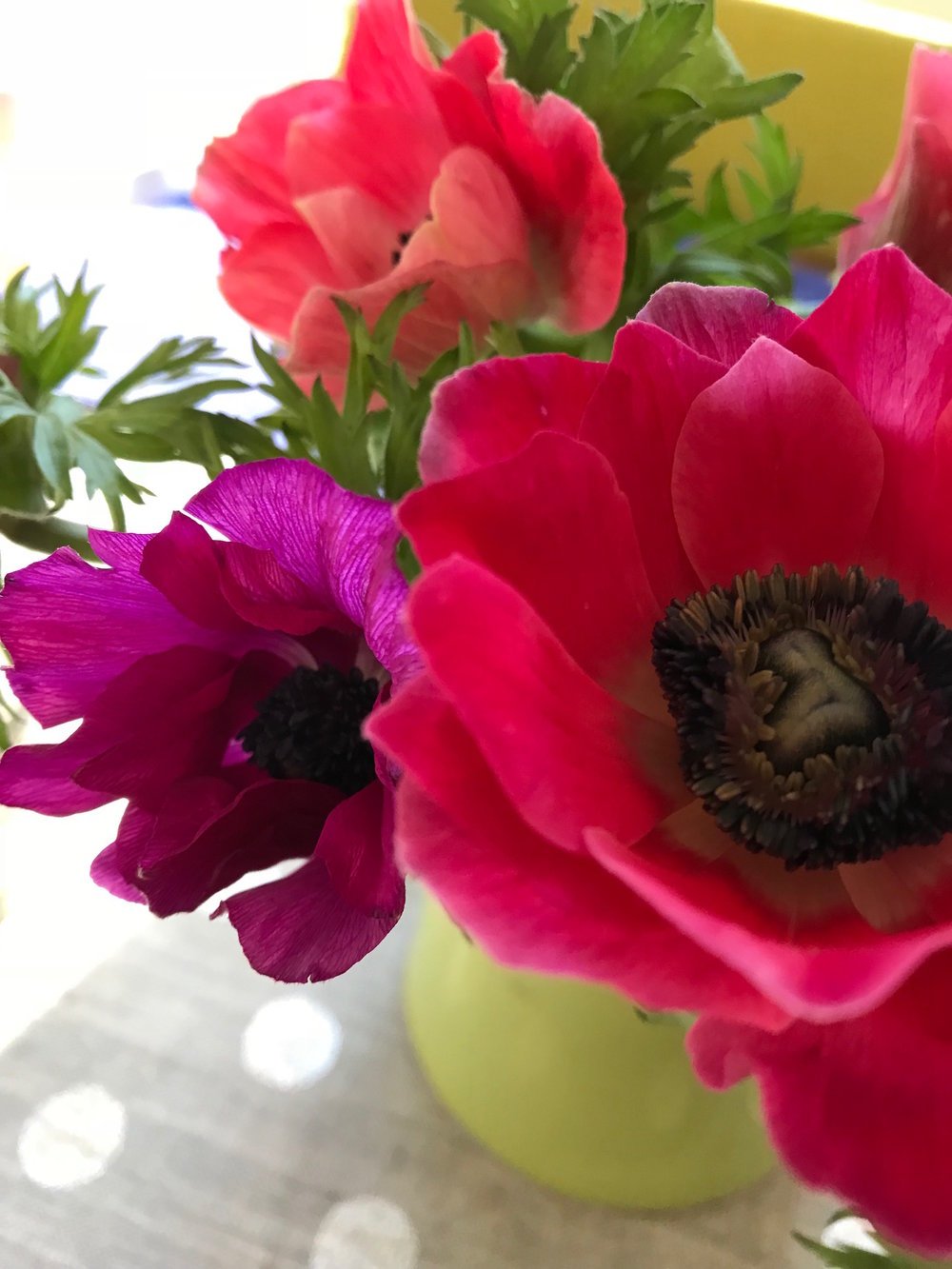
If you’re feeling overwhelmed with disorganization, with life seeming not quite right, or with wanting a change, but not knowing where to begin, you’ve come to the right place. The idea of change can paralyze us. We have the tools, but ignore the clues that daily life gives us. We move so fast that we don’t notice the indicators. Can you identify with this?
It’s not uncommon to go through our busy days on autopilot. We set up systems and patterns for convenience and efficiency, but as time goes on, things change. The systems that once worked no longer do. Or, the systems haven’t been maintained, so they no longer function. Maybe we never established effective systems in the first place. But we keep going. We ignore that things don’t feel right. Our piles of clutter irritate us, but we ignore them. We’re annoyed that we can’t get out of the door on time, but we keep getting out late each day anyway. We’re experiencing stress due to the disorganization on a regular basis, but we stuff those feelings away. Status quo has taken over and the way forward eludes us.
I’m proposing one simple, but not necessarily easy technique. Use mindfulness to help you focus on which changes to make. When we’re mindful of the present moment, we increase our awareness of our moment-by-moment experience. After all, how can we make a change if we aren’t fully aware of our challenges? I invite you to slow down. Instead of ignoring irritations during your day, note them. You don’t need to dwell on them, but increase your awareness of them. These will be your clues for identifying potential areas to change.
For example, let’s say that every day you are about to leave the house and you can’t find your keys. So each morning you go through the “hunting for keys” scenario, which in turn makes you late getting to your appointment. You’re annoyed and stressed, but you keep going anyway, repeating the same pattern day after day. You stuff that stress away. This isn’t healthy harboring this type of daily stress.
However, consider this one small tweak. Activate some mindfulness. Instead, the next time you’re late getting out of the door, notice what’s going on. Start by being present with the issue. Be mindful of your actions. What are you feeling? What are you doing? Use mindfulness to help you identify potential indicators for change. By living more mindfully, you can figure out strategies to help solve the “lost keys” and other challenges. You may be surprised when you become more aware and present. You might just notice where you stashed your keys when you come home at night. Or you might decide that it’s time to give your keys a “home” so that you can always find them.
Beginning with awareness is the key. What have you noticed about change? Have you used mindfulness in the process? I’d love to hear your thoughts. Come join the conversation!












